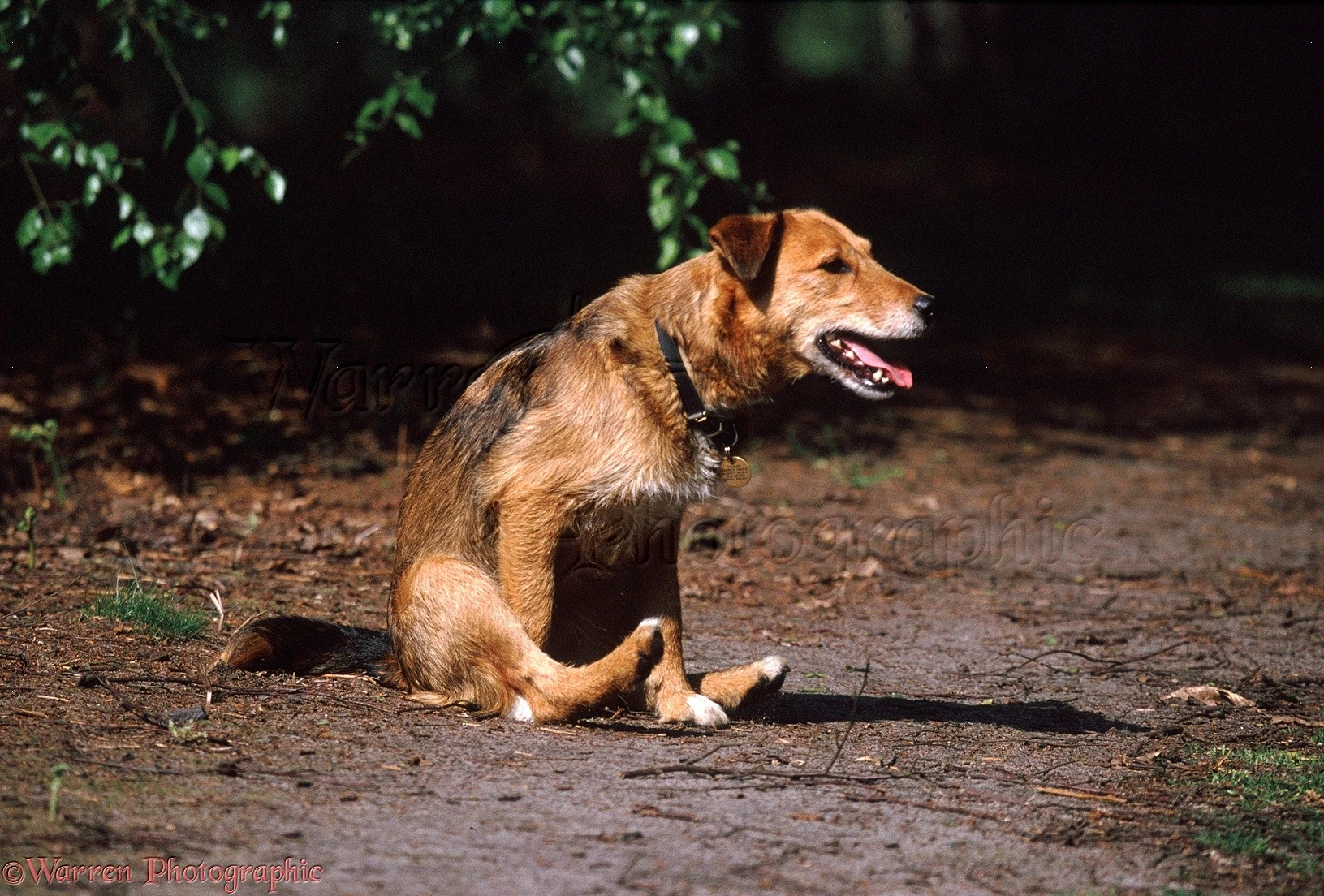It's not uncommon to witness dogs dragging their behinds across the floor or the grass, a behavior often referred to as "butt scooting." While this may appear amusing or peculiar to us, it can be an indication of various underlying issues. In this article, we will explore the reasons behind this behavior, potential health concerns, and when to consult a veterinarian.
Reasons Why Dogs Scoot Their Butts
-
Anal Gland Issues
- Description: Dogs have two small anal glands located just inside their rectum. These glands can become full, impacted, or infected, leading to discomfort. When a dog scoots, they may be attempting to relieve the pressure or discomfort caused by full anal glands.
- Symptoms to Watch For: Signs of anal gland issues include a strong fishy odor, licking or biting at the rear, and visible swelling around the anus.
-
Itchy Skin or Allergies
- Description: Allergies can cause itching in various parts of a dog’s body, including the rear end. Common allergens include certain foods, pollen, dust mites, and flea bites. Scooting can be a way for dogs to alleviate that itchy feeling.
- Symptoms to Watch For: If your dog is rubbing their butt due to allergies, you might also notice scratching, red or inflamed skin, and excessive licking.
-
Parasites
- Description: Intestinal parasites, such as tapeworms, can cause itching and discomfort around the anus. When dogs have worms, they may experience irritation that leads to scooting.
- Symptoms to Watch For: Other signs of parasitic infection include weight loss, changes in appetite, or seeing worms in your dog’s stool or around the anus.
-
Skin Infections
- Description: Bacterial or fungal infections around the anal area can lead to discomfort and result in scooting behavior. These infections may arise from moisture, poor hygiene, or other underlying skin conditions.
- Symptoms to Watch For: Look for redness, swelling, or discharge in the affected area.
-
Foreign Objects
- Description: Sometimes, dogs may accidentally get foreign objects like grass, sticks, or other debris stuck in their fur around the anal area. Scooting can be their way of trying to dislodge these objects.
- Symptoms to Watch For: If this is the case, you may also observe your dog frequently turning to inspect their rear end.
-
Behavioral Reasons
- Description: In some instances, scooting may be a behavioral issue rather than a medical concern. Dogs may scoot for attention, as a form of play, or out of boredom.
- Symptoms to Watch For: This behavior may occur sporadically and not be accompanied by other concerning symptoms.
When to Consult a Veterinarian
If your dog is scooting their butt on the ground, it's important to monitor the behavior closely. While occasional scooting may not be a cause for concern, there are specific situations where you should consult a veterinarian:
- Persistent Scooting: If the scooting lasts for more than a day or two.
- Signs of Discomfort: If your dog appears to be in pain, is excessively licking their rear, or shows signs of distress.
- Foul Odor: If there is a strong, unusual smell emanating from your dog's rear end.
- Visible Swelling or Redness: If you notice any swelling, redness, or discharge in the anal area.
- Other Symptoms: If your dog shows other concerning symptoms like vomiting, diarrhea, or a change in appetite.
Treatment Options
Once you've consulted a veterinarian, they may recommend various treatment options depending on the underlying cause of your dog's scooting:
- Anal Gland Expression: If the anal glands are full or impacted, the vet can manually express them.
- Medication for Allergies: Antihistamines or steroids may be prescribed to relieve allergic reactions.
- Parasite Treatment: Deworming medication can eliminate any intestinal parasites.
- Antibiotics or Antifungals: If an infection is present, the vet may prescribe the appropriate medications.
- Behavior Modification: If scooting is behavioral, the vet can provide guidance on training and management strategies.
Conclusion
While scooting may seem like a harmless or amusing behavior, it can indicate underlying health issues that require attention. Being observant of your dog's habits and behaviors is key to understanding their needs and ensuring their well-being. If you notice persistent scooting or any concerning symptoms, it's always best to consult with your veterinarian to identify the root cause and ensure your furry friend receives appropriate care.


